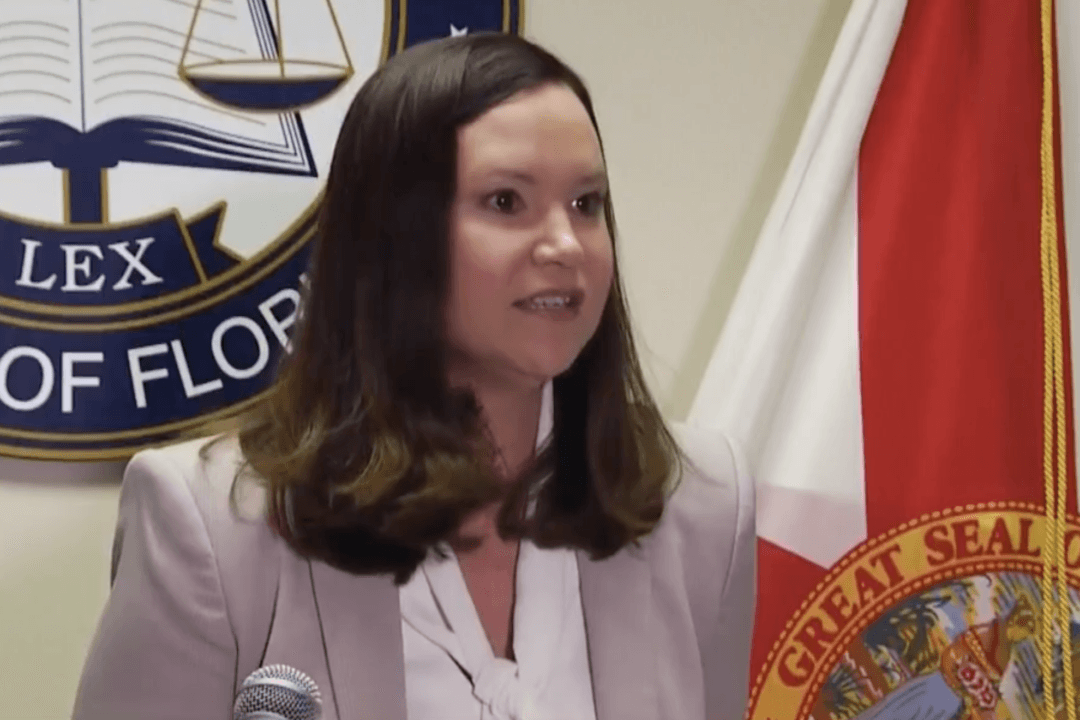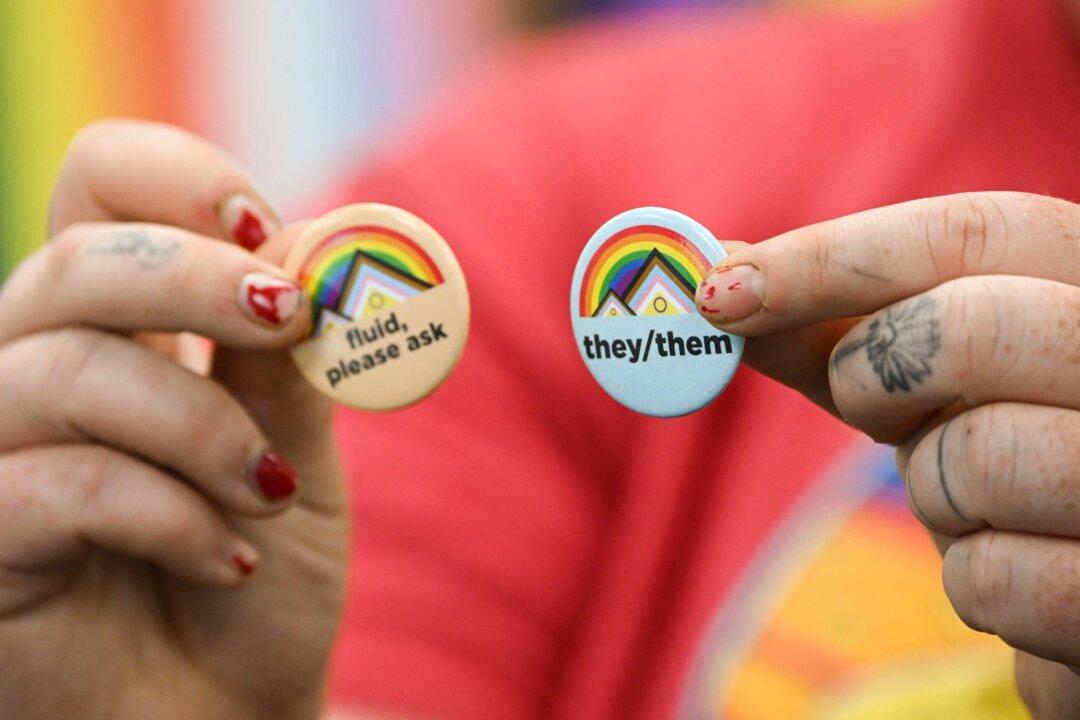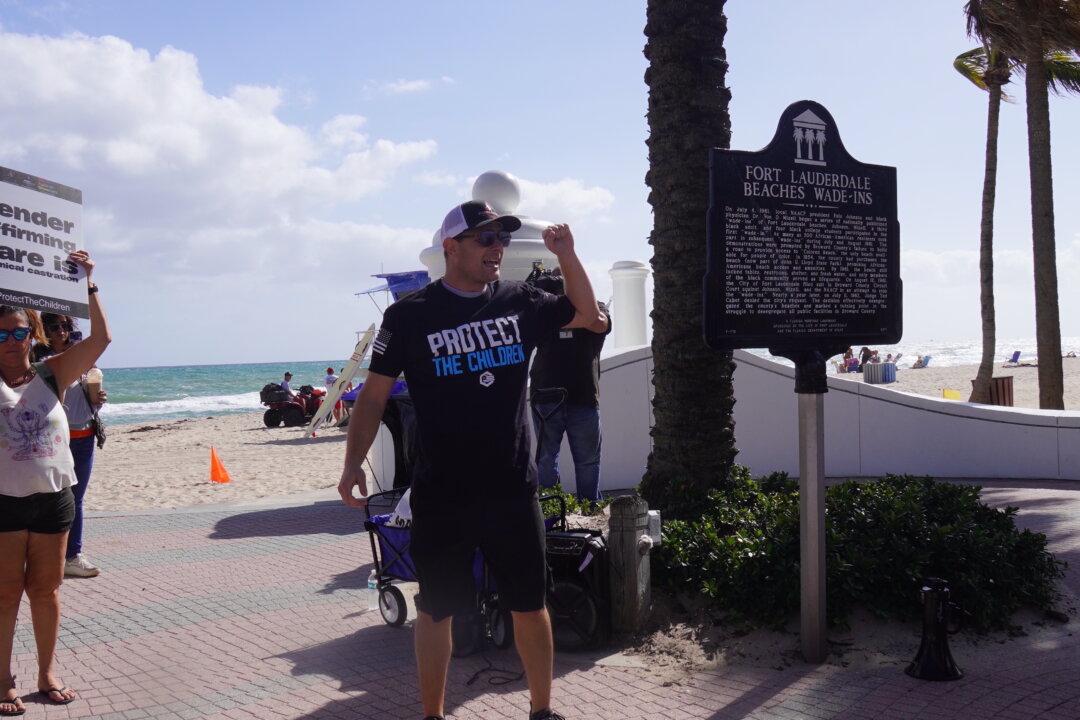PUNTA GORDA, Fla.—Parents need to know how to protect their children from “digital drug dealers,” Florida Attorney General Ashley Moody has warned.
Moody said during summer vacation months children have more time to spend on the internet and has released an Informational Toolkit that educate parents on what social media methods drug dealers use to sell illicit drugs to children.
Sometimes those drugs contain deadly amounts of fentanyl—a synthetic opioid that killed more than 70,000 people in America in 2021.
On June 13, Moody released a statement on this growing problem and described how drug dealers are using popular apps and utilize emojis as code words to advance their sale of illegal drugs.




